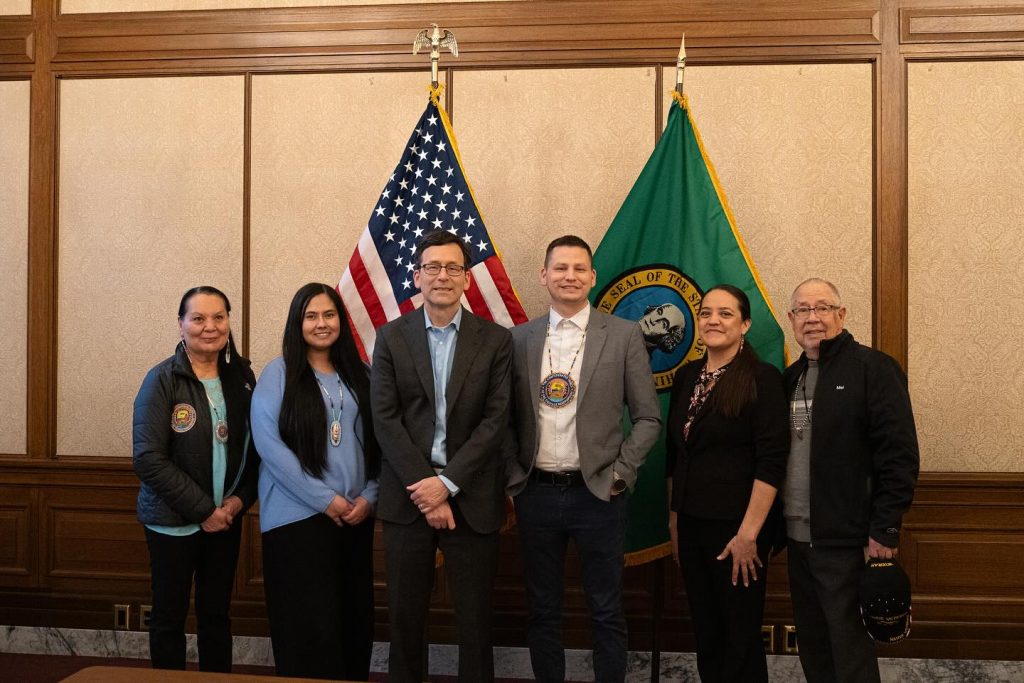NESPELEM—Today, more than 9,171 descendants of 12 aboriginal tribes of Indians are enrolled in the Confederated Tribes of the Colville. Local school districts, including Okanogan, Omak, Paschal Sherman Indian School (PSIS), Nespelem, Grand Coulee Dam, Inchelium, Keller, Republic, and Wilbur, rely heavily on federal funding from the United States Department of Education to support essential programs and services for students.

In Keller, for instance, the yearly operating budget is $1.7 million and federal funding covers 41% of that. These schools together receive over $17 million dollars in federal funding and Native American students comprise up to 95% of the population in these schools which are on or near the Colville Reservation.
Rural school districts often depend on federal Impact Aid grants. Rural schools can lose the ability to collect meaningful property tax revenue because there is much non-taxable federal land in their districts. Impact Aid offsets that lost property tax revenue by supporting school districts that also serve Indian reservations such as the Colville Reservation, military bases, federal housing projects, and other federal lands such as national parks. These Impact grants are not restricted so school districts may use the funds for teacher salaries, facilities, technology, transportation, addressing students with disabilities, and a wide range of other educational needs. The 41% of the Keller school district’s funding that is federal is primarily Impact Aid.
The Secure Rural Schools program is another instance of federal funding targeted to assist rural schools such as those in Ferry and Stevens counties. Passed in 2000, it serves to stabilize the funds available to rural schools after decades of declining revenues from the U.S. Forest Service.
At the beginning of the COVID-19 pandemic, as schools closed and transitioned to virtual learning, Congress passed over $13 billion for Elementary and Secondary School Emergency Relief (ESSER). These funds were intended to address learning loss, improve air quality and school infrastructure, support mental health services, and other things. The ESSER funding ended on September 30, 2024 and schools are already forced to adjust to that loss. A representative of the Nespelem School District reports that with ESSER eliminated, any further reductions would “simply decimate our district.”
The Chairman of the Colville Confederated Tribes, Jarred-Michael Erickson said, “We recognize that current discussions about the Department of Education appear to focus on reorganization and not directly on cutting funding. Nevertheless, it is important to remember how impactful federal funding is to school districts throughout the country, and especially to rural districts such as those in and around the Colville Reservation. The Colville Tribes encourages our elected federal officials to continue fully investing in our children and in the future of our country.”
Source: Colville Confederated Tribes
Author: Lynnwood Times Staff









